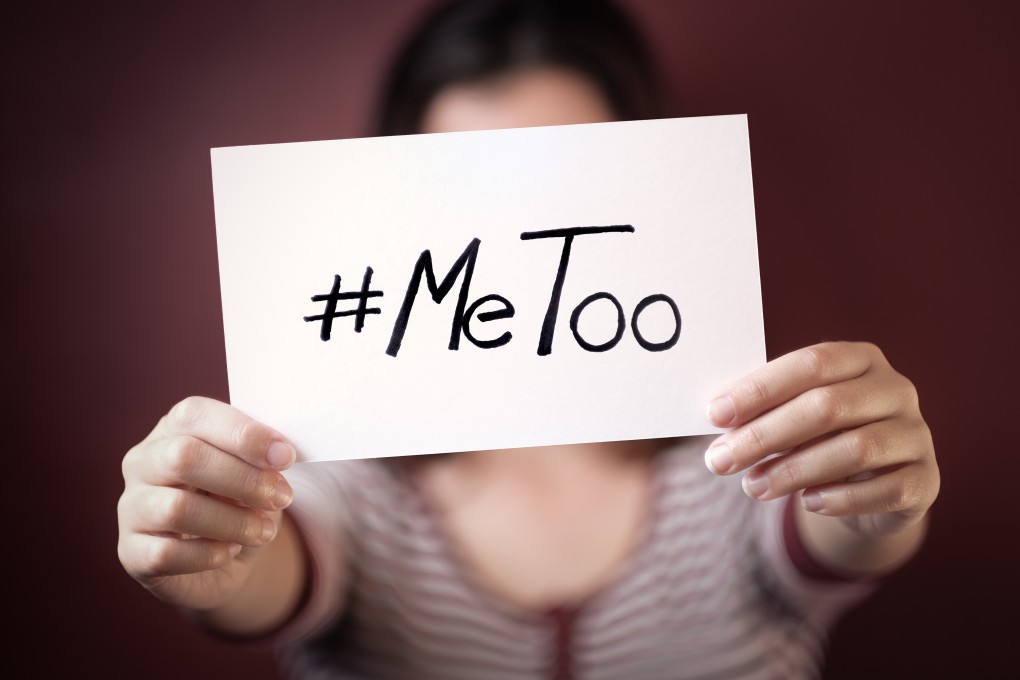As I see it | Even with #MeToo, survivors struggle to speak up about sexual assault
- In societies such as Hong Kong, with strong and effective law enforcement, victim-blaming and fear of second trauma result in women staying silent
- A Singapore parliament debate this week has also illuminated the problem of unhelpful societal attitudes

In Hong Kong, victim-blaming and fear of “second trauma” are among the key reasons women stay silent forever or delay seeking help from NGOs and the police. RainLily, Hong Kong’s first sexual violence crisis centre, found that between 2000 and 2018, about 53 per cent of those who sought help for sexual violence did so within a month of the offence. The rest waited, with some only reporting the incident up to five years later.
But for serious sexual offences such as cases of rape investigated between 2009 and 2019, 92 per cent were “detected” or solved, with the same taking place for 77 per cent of indecent assault cases. Both were much higher than the detection rate of 37 per cent for crimes overall.
Hingorani’s comments on unhelpful societal attitudes came to mind this week as Singapore’s parliamentarians debated a private member’s motion on affirming gender equality.

